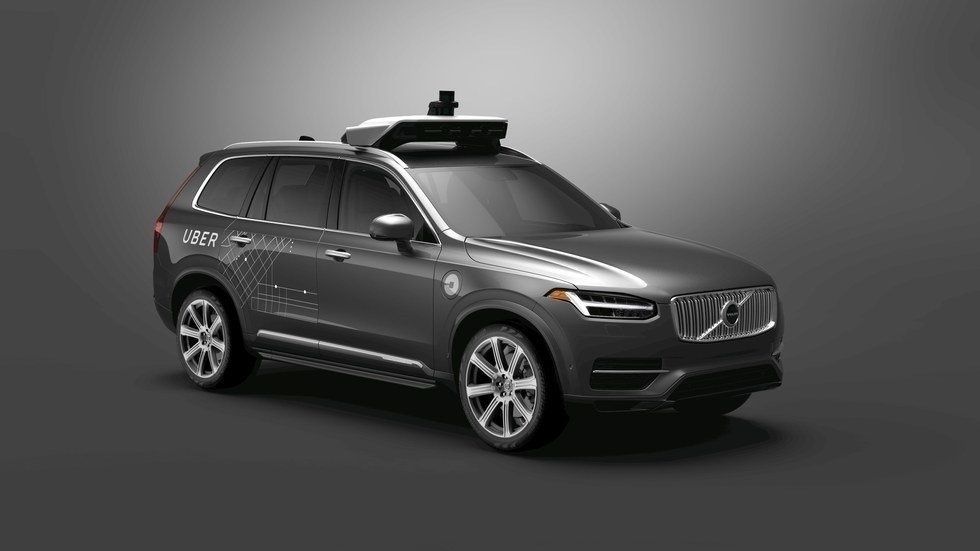Uber not criminally liable for self-driving car death, say Arizona prosecutors
Uber is not criminally liable for the death of Elaine Herzberg, who was struck and killed by one of its self-driving cars on a public road in Tempe, Arizona in March 2018.
This is the ruling of the Yavapai County Attorney, which said in a public letter on Monday that there was "no basis for criminal liability" for Uber, and that more evidence of the safety driver's actions should be gathered by Tempe Police Department.
Read More:
- Pedestrian struck and killed by autonomous Uber test vehicle
- Uber autonomous cars return to public roads - but driven by humans again for now
Safety driver Rafael Vasquez sat behind the wheel of the modified Volvo XC90 at the time of the incident. The car struck Herzberg, 49, after failing to see her pushing a bicycle across a road on the night of March 18, 2018.
Three months after the incident, in June 2018, a police report claimed Vasquez's smartphone was streaming an episode of The Voice talent show via Hulu in the moments leading up to the fatal collision. The report described the incident as "entirely avoidable," describing how Vasquez allegedly repeatedly looked down and away from the road for several minutes before the crash. He looked up just 0.5 seconds before the car struck Herzberg.
Uber immediately suspended all autonomous vehicle testing, and has since changed the way its safety drivers are trained. Arizona also suspended Uber's ability to operate self-driving cars on the state's roads, prompting the company to move its operations away.
Uber's self-driving vehicles returned to public roads in Pittsburgh in July, but only driven in manual mode, where its vision systems learn rather than actively take part in the driving.
The letter from Yavapai County Attorney, written by Sheila Polk, states: "After a very thorough review of all the evidence presented, this office has determined that there is no basis for criminal liability for the Uber corporation from this matter. Because this determination eliminates the basis for the MCAO [Maricopa County Attorney's Office] conflict, we are returning the matter to MCAO for further review for criminal charges."
This further review, suggested by Polk, would likely address the actions of safety driver Vasquez, and if his alleged inattention contributed to the collision. Polk's letter adds that the current video evidence "does not accurately predict the events that occurred," and that "expert analysis is needed."
"The purpose of the expert analysis is to closely match what (and when) the person sitting in the driver's seat of the vehicle would or should have seen that night given the vehicle's speed, lighting conditions, and other relevant factors," said the letter.
The National Transportation Safety Board and the National Highway Traffic Safety Administration are still investigating the incident.
Autonomous cars are a key part of Uber's future business model, where entirely driverless vehicles can be summoned by users to drive them wherever they need to go. The system would work just like Uber does today, but without the need to pay for any drivers. With the company planning an initial public offering of up to $120 billion in the near future, there will be mounting pressure on its need to develop a safe autonomous driving system, in order to turn a profit.
